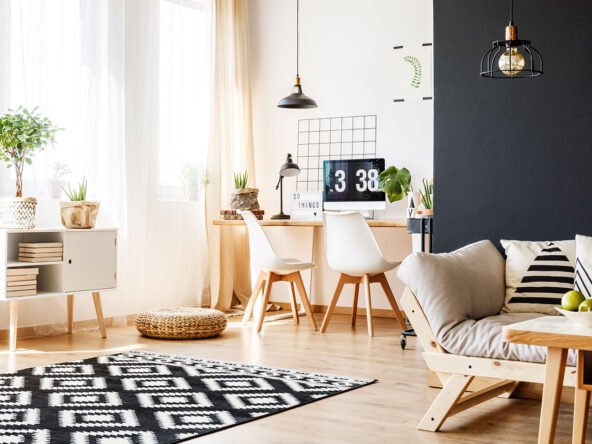Buying your first home is an exciting milestone, but it can also be filled with pitfalls if you’re not careful. Here’s a roundup of 14 common errors that first-home buyers often make and tips on how to avoid them.
1. Researching the Market Thoroughly
Understanding your local real estate market is crucial. Jumping in without adequate research can lead to overpaying or choosing a house in an undesirable area.
- Example: You might find a house that seems perfect, but if you research the neighborhood and find high crime rates or bad schools, you might reconsider.
- Tip: Use online tools and connect with local real estate agents to get a sense of market trends and property values.
2. Underestimating the Total Cost of Homeownership
Many buyers focus only on the down payment and mortgage but overlook other costs like maintenance, property taxes, and utilities.
- Tip: Create a comprehensive budget that includes these additional expenses.
- Data: On average, homeowners spend 1-4% of their home’s value annually on maintenance.
3. Skipping the Pre-Approval Step
Getting pre-approved for a mortgage gives you a clear picture of what you can afford and makes you a more attractive buyer to sellers.
- Tip: Approach multiple lenders to get the best rates and terms before settling on one.
4. Ignoring First-Time Home Buyer Programs
There are various programs designed to help first-time buyers with down payments and favorable loan terms. Ignoring these can mean missing out on financial assistance.
- Example: FHA loans offer lower down payments and are easier to qualify for.
- Tip: Check local and federal programs to see what you may be eligible for.
5. Making Emotion-Based Decisions
Emotional attachment to a house can cloud your judgment. It’s important to remain objective.
- Tip: Make a list of must-haves and deal-breakers before you start house-hunting and stick to it.
6. Skipping the Home Inspection
Neglecting a home inspection can lead to unexpected repairs and costs down the line.
- Tip: Always hire a qualified home inspector to evaluate the condition of the property before finalizing the purchase.
7. Overextending Financially
Buying a home can be financially draining. Taking on a mortgage that stretches your budget to the limit can lead to stress and potential financial hardship.
- Tip: Stick to homes that you can comfortably afford, considering both the mortgage payment and other living expenses.
8. Forgetting to Consider Future Needs
Your dream home now might not suit you in a few years. Ignoring future needs can lead to frustration and another move sooner than expected.
- Example: If you’re planning to start a family, choose a home with adequate space and in a good school district.
- Tip: Think about your 5-10 year plan when evaluating properties.
9. Ignoring Resale Value
While your first home might not be your forever home, considering its resale value is important.
- Tip: Look for properties in desirable areas and with flexible floor plans to appeal to a broad range of future buyers.
10. Misunderstanding Mortgage Terms
Taking on a mortgage without fully understanding the terms can lead to pitfalls, especially if you choose an adjustable-rate mortgage without knowing the risks.
- Tip: Take the time to understand the different types of mortgages and interest rates.
11. Not Saving Enough for Closing Costs
Closing costs can be surprising if you haven’t budgeted for them. These can include attorney fees, title insurance, and other administrative expenses.
- Tip: Ask your lender for an estimate of closing costs early in the process so you can prepare.
12. Neglecting to Account for Personal Lifestyle
Your lifestyle should influence your choice of home. A work-from-home professional might need a different setup than someone who commutes daily.
- Tip: Consider your daily routines and how they align with the home’s features and location.
13. Not Looking Beyond Staging
Homes that look stunning may have underlying issues. Relying solely on a home’s aesthetic appeal can lead to overlooking critical issues.
- Tip: Focus on the structure and condition of the home, not just the decor.
14. Forgetting to Factor in Home Insurance
Home insurance is a necessary expense often overlooked by first-time buyers. Failure to account for this can lead to budget shortfalls.
- Tip: Get insurance quotes early in the process to understand this ongoing cost.
“Buying your first home is a journey filled with learning experiences. Avoid these common mistakes to ensure your path to homeownership is smooth and satisfying.”
With careful planning and mindfulness, you can avoid these common errors and make a well-informed decision on your first home purchase.













